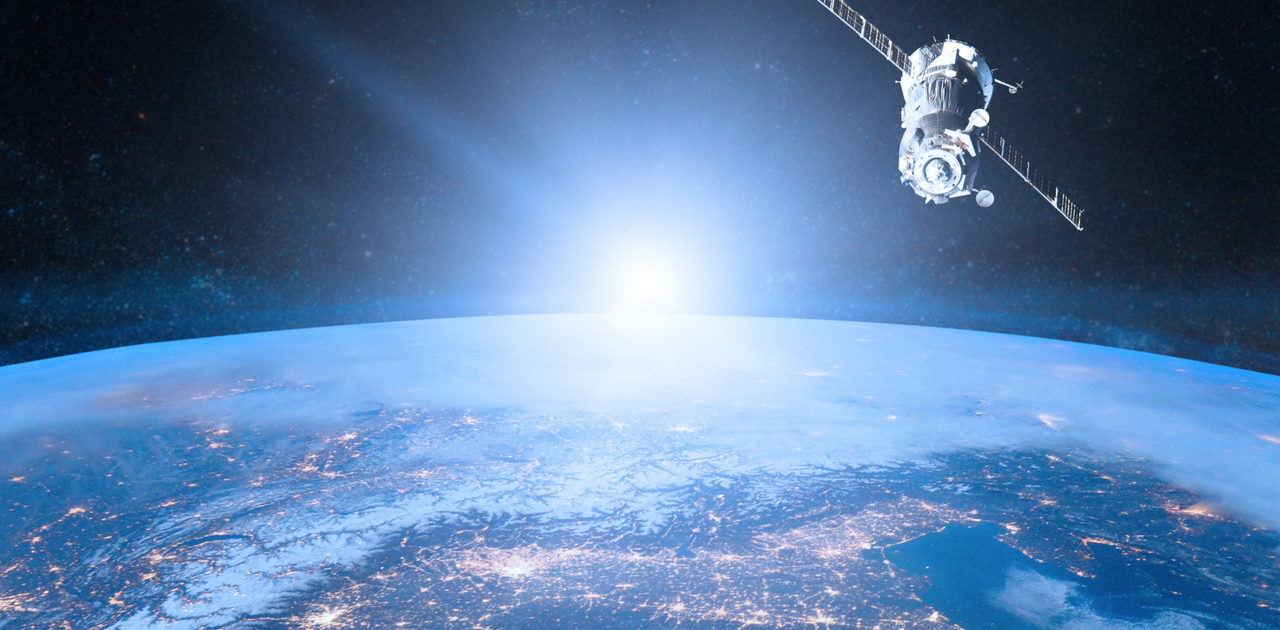
Space Settlement: A New Chapter for Humankind
Space settlements may become necessary as a refuge from earthly situations over which we have no control. While the benefits are many, the weight of the associated risks presents a moral dilemma humankind must be prepared to face.
To view the full article please register below:
Space Settlement: A New Chapter for Humankind
‘Cause there is no more new frontier
We have got to make it here
—Don Henley/Glenn Frey
The Eagles were wrong. There is a new frontier; it’s called space. Though our collective doubt about being able to make it fuels the need to push ahead with space settlement, there are other good reasons for “going where no human has gone before,” to paraphrase Gene Roddenberry.
Space settlements may become necessary as a refuge from risks over which we have no control, such as an asteroid hitting Earth.
There are more positive motivations, however, to build space settlements. Namely, it will satisfy the innate human spirit to explore. Then there are the potential benefits to society as a whole; think of mining the rich resources of space, tapping unlimited solar power and moving manufacturing to the moon. The possibilities are endless.
Finally, there are the spillover benefits from the technologies developed for space settlement that can be used in our everyday lives. We already benefit from past examples, like GPS, better screening for Alzeimer’s disease, more effective bank fraud detection and, yes, Tang!
What Might a Space Settlement Look Like?
Space settlement will likely take two forms: a large spacecraft specifically designed for long-term habitation and a biosphere on the surface of Mars or the moon.
The first settlements are likely to be spacecrafts orbiting Earth. Settlements of this kind will be better able to replicate Earth’s gravity, while having access to a continuous and reliable supply of solar energy. With zero-g construction, building large settlements in space is made easier.
Mars and the moon do offer materials for use that are not available to a spacecraft, but this can be overcome by eventually building near asteroids, of which there are many in our solar system.
Some believe that settlements on a large asteroid like Ceres would be more ideal than Mars or the moon because of its absence of gravity, as well as the fact that it has the space to comfortably house a trillion people.
Initially, any settlement will be limited to highly-trained specialists who can work on building a biosphere on Mars or the moon, and can operate the functions of a large spacecraft orbiting a celestial body.
Is Space Settlement a Moral Choice?
There are philosophical and moral issues with which to contend. Nations and private companies will need to grapple with elitism when choosing future settlers, while wondering if space settlement is the best way to spend money to address human problems. For instance, the hostile conditions of space and nearby planets are far greater than any humans are likely to face on Earth, even in the worst climate change scenario. And, we must not forget that there will, inevitably, be a human cost; the first brave space settlers will embark on a journey from which there is no return. Our moral fiber will certainly be tested by our need to explore “the final frontier.”
Please reference disclosures: https://blog-dev.americanportfolios.com/disclosures/












